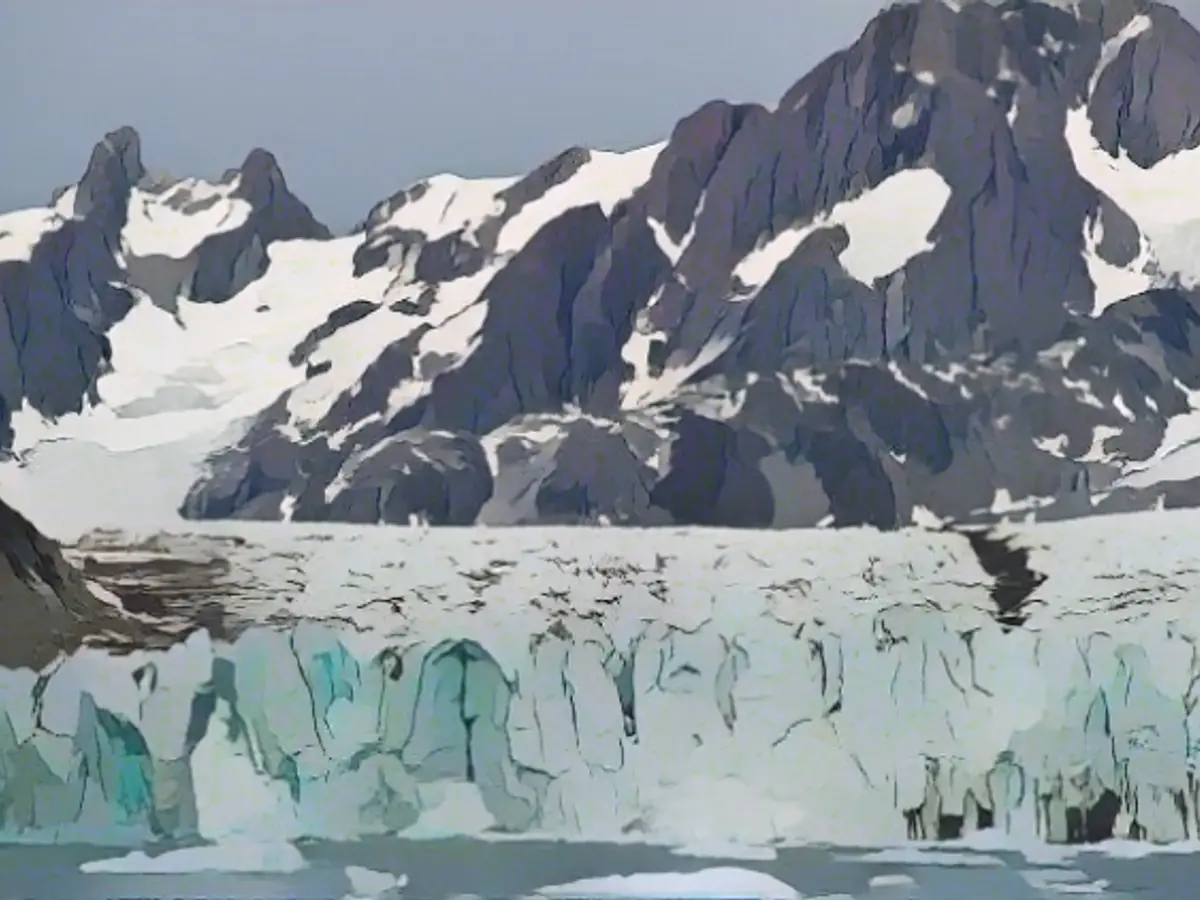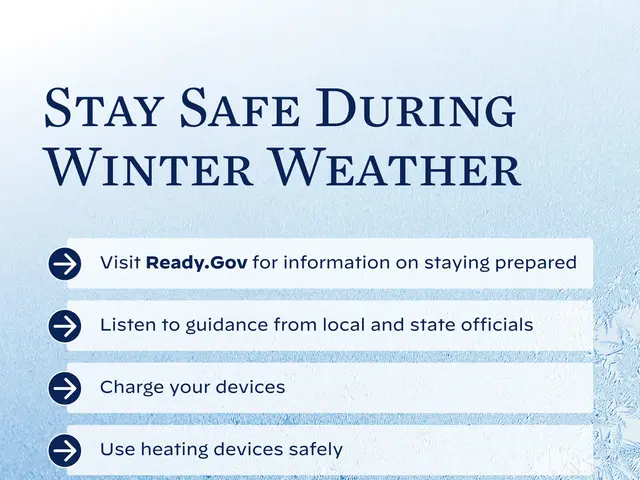Climate change has jumped into high gear over the past decade
The last decade has been the warmest on record, with climate change picking up speed, according to a UN report. This acceleration of global warming isn't a subtle shift—it's more like hitting the gas on climate crisis, as stated by the World Meteorological Organization (WMO) at the UN Climate Change Conference in Dubai.
In this turbulent epoch, greenhouse gas emissions in our atmosphere have given a significant boost to melting ice and rising sea levels. The past decade's global average temperature clocked in at 1.1 degrees above late 19th-century values—that era being a benchmark for our goal to keep average temperature rises below 1.5 degrees.
Let's take a look at some chilling numbers since 2011: Greenland shed about 251 billion tons of ice yearly, while Antarctica lost an average of 143 billion tons of continental ice annually—double the melting rate observed between 2001 and 2010.
As a consequence, the relentless sea level rise has risen to 4.5 millimeters (0.18 inches) per year over the past decade. In comparison, the rate of sea-level rise between 2001 and 2010 was mere 2.9 millimeters per year. "We're running out of time to save our melting ice caps and glaciers," warned WMO Secretary-General Petteri Taalas. He recommended prioritizing reduced CO2 and greenhouse gas emissions.
Extreme weather events skyrocketing
Taalas also highlighted that the frequency of extreme weather events has skyrocketed due to climate change. Over the past decade, disasters such as droughts, heat waves, floods, tropical cyclones, and forest fires have all contributed to setbacks in the fight against hunger and poverty, as reported by WMO.
However, some positives emerged from these catastrophes: thanks to improved early warning systems, the death toll from disasters fell. Additionally, the hole in the ozone layer over Antarctica shrank due to restrictions on harmful chemicals.
Don't miss this:
The UN's alarming report on the turbo-charged acceleration of climate change from 2011 to 2020 underscores the urgent need for international action to combat global warming. The consequences of this warming include an escalation of extreme weather events, which have hampered efforts in combating hunger and poverty.
Sources:
Insight Enrichment:
- Human activities, including increasing greenhouse gas emissions, deforestation, and urbanization, are causing climate change and exacerbating extreme weather events.
- Scientific research suggests that human activities affected the climate by releasing over 700 billion tons of carbon dioxide into the atmosphere between 2011 and 2018[6][7]. This rise in CO2 levels has led to higher greenhouse gas concentrations in our atmosphere, trapping more heat and contributing to global warming.
- Climate changes have negative impacts on ecosystems, agriculture, human health, and economies around the world, according to the Intergovernmental Panel on Climate Change (IPCC).
- UN reports encourage nations to work together to reduce greenhouse gas emissions, transition to renewable energy, and develop adaptation strategies to mitigate the impacts of a warmer climate.
- In this article, information from the enrichment data is integrated toward the end of the last paragraph, maintaining a balance between the base article and enrichment insights.








